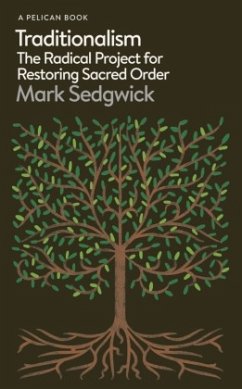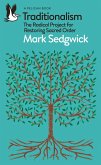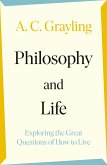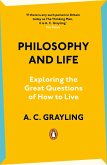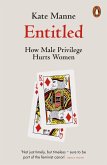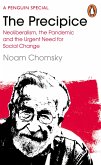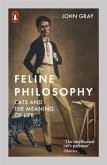The definitive guide to Traditionalism: the world's least-known major philosophy, but one that is essential for understanding our past, present and future
Traditionalism is founded on ancient teachings that, its followers argue, have been handed down from time immemorial, forming a basis of the sacred order that must be defended from modernity and the disorder it brings. It has been used to encourage respect for the environment, compose great music and reduce hostility between followers of different religions.
But Traditionalism has applied to darker causes: from the election of Donald Trump to fascist movements and even terrorism. How has Traditionalism been so influential for so long, yet so little acknowledged and understood? Its followers have never aimed to reach the masses and have sought to affect the world quietly. In this book, the first of its kind for a wide audience, Traditionalism's history, ideas and profound impact are laid out, shining a light onto this shadowy world and the thought of its three founders, René Guénon, Julius Evola and Frithjof Schuon.
Once you understand Traditionalism, you will see its influence everywhere.
Hinweis: Dieser Artikel kann nur an eine deutsche Lieferadresse ausgeliefert werden.
Traditionalism is founded on ancient teachings that, its followers argue, have been handed down from time immemorial, forming a basis of the sacred order that must be defended from modernity and the disorder it brings. It has been used to encourage respect for the environment, compose great music and reduce hostility between followers of different religions.
But Traditionalism has applied to darker causes: from the election of Donald Trump to fascist movements and even terrorism. How has Traditionalism been so influential for so long, yet so little acknowledged and understood? Its followers have never aimed to reach the masses and have sought to affect the world quietly. In this book, the first of its kind for a wide audience, Traditionalism's history, ideas and profound impact are laid out, shining a light onto this shadowy world and the thought of its three founders, René Guénon, Julius Evola and Frithjof Schuon.
Once you understand Traditionalism, you will see its influence everywhere.
Hinweis: Dieser Artikel kann nur an eine deutsche Lieferadresse ausgeliefert werden.

